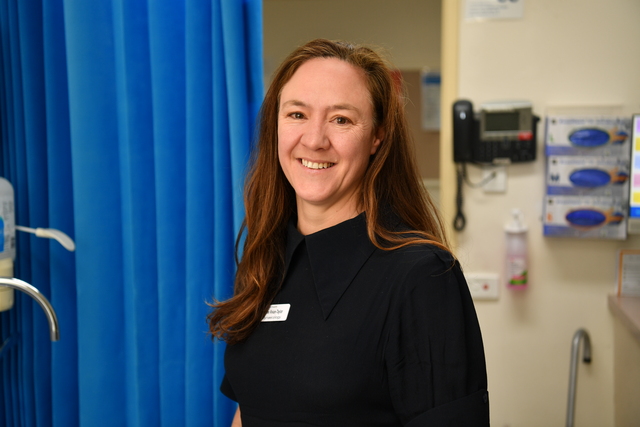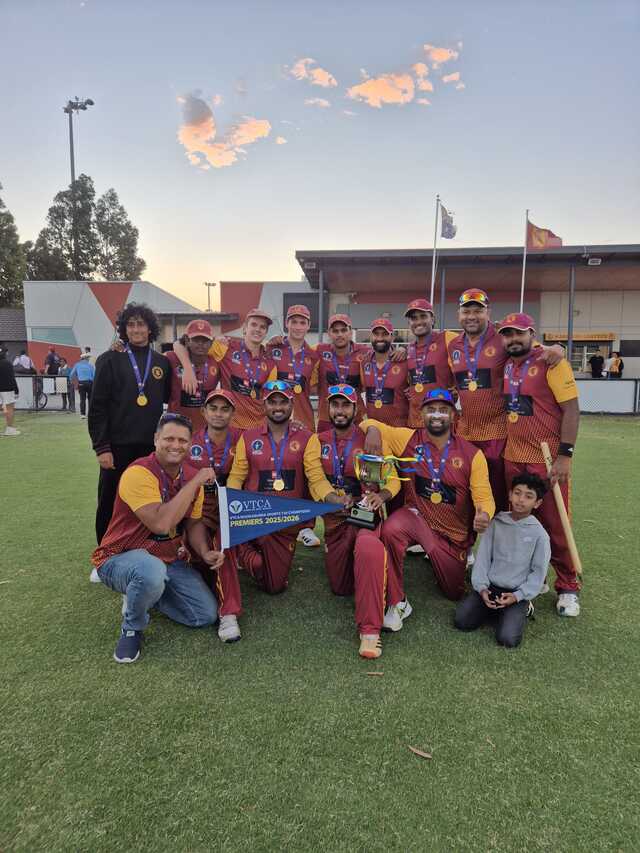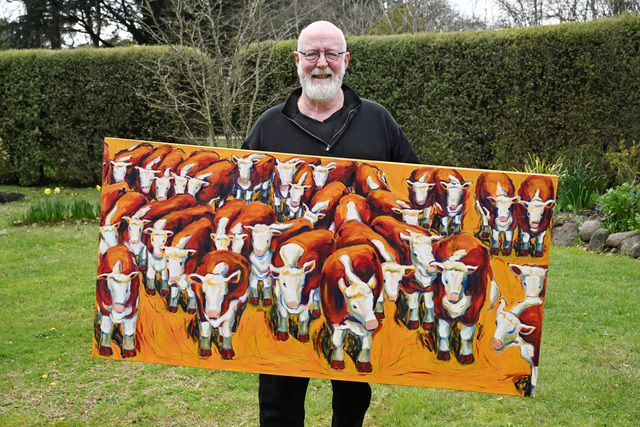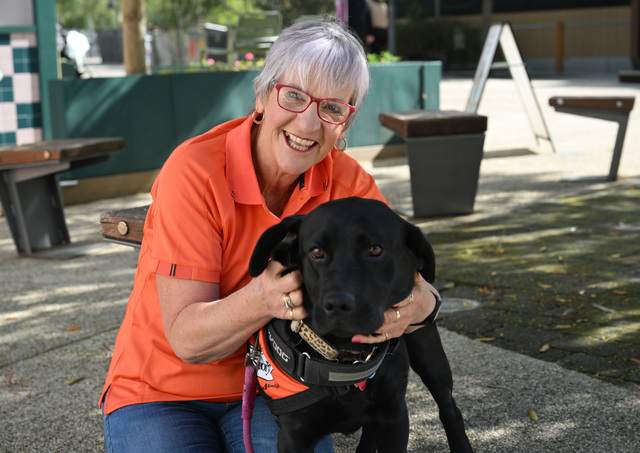Women experience chronic pain at higher rates than men, according to Northern Health head of gynaecology Josephine Vivian-Taylor.
Dr Vivian-Taylor said women are disproportionately affected by chronic pain condition, creating unique challenges for them.
“In part, this is because women experience chronic pelvic pain, period pain, bladder and bowel pain, particularly at the time of their life they are having periods and ovulating,” she said.
Dr Vivian-Taylor’s comments come as National Pain Week (July 22-28) aims to draw attention to the experience of people living with chronic pain and, by doing so, helps reduce the social and other barriers related to living and managing chronic pain.
Conditions such as chronic pelvic pain, irritable bowel syndrome, fibromyalgia, migraines, and arthritis are common culprits of women’s pain.
Recent research into women’s experiences within the healthcare system reveals a concerning trend; women presenting with gynaecological pain are more likely to have their pain disregarded.
This dismissal can lead to delayed referrals, diagnoses, and treatments, often exacerbating the chronic nature of their pain and making it harder to treat effectively.
“Pervasive ideas such as ‘it is normal for sex to be painful’ and ‘period pain is normal’ mean that girls and women who experience pain, particularly when it is excessive and negatively impacting their lives, are less likely to seek help in the first place,” Dr Vivian-Taylor said.
Many patients internalise these messages, believing it is ‘normal’ to be bedridden for two days each month during their periods, she said.
“When we tell them that their experience is not ‘normal’ and that we can help, they express relief that they are not ‘going crazy.”
Dr Vivian-Taylor said chronic pain significantly impacts women’s quality of life and mental health.
Young women with chronic pelvic pain often struggle to participate in life like their peers, care for children, or fulfil their career potential, leading to devastating effects, she said.
“I am in awe of these women’s strength to ‘push through’ and fight in the face of such pain. But why should they have to? Women are tough, but if we could help them manage their pain better, they could put this amazing resilience and energy into all the other aspects of their lives,” she said.
The most effective treatment for chronic pain involves a multidisciplinary team, including GPs, pain specialists, physiotherapists, pain psychologists, nurses, dieticians, and gynaecologists.
While the evidence for this approach is well established, Dr Vivian-Taylor said delivering this model of care in our healthcare system is still evolving.
“The women’s health clinics being rolled out by the Victorian government across the state over the next four years, along with endometriosis clinics in general practice and healthcare plans for pelvic health physiotherapy and psychology, aim to improve access to this type of care in Victoria,” she said.
“There is no one solution to treat chronic pelvic pain, so shared decision-making, with women at the centre of the care we deliver, is an essential aspect of this care.”
Dr Vivian-Taylor shared a poignant story of a patient who had undergone a hysterectomy for chronic pelvic pain.
This patient had suffered for years, with every aspect of her life impacted by the pain.
Despite constant appeals to her doctors, her feelings were disregarded until she finally had a hysterectomy.
“When I asked her if her pain improved after the hysterectomy, it was an emphatic yes! Pure joy on her face! Successfully treating women’s pain, often after many years of suffering, is a very satisfying aspect of my job,” she recounted.
“I would like to say ‘we see you and we believe you’ to all women experiencing chronic pain.”
For those who have been put off accessing care due to poor experiences or fear of not being believed, she encourages them to advocate for treatment again.
She also urges women to explore all aspects of multidisciplinary treatment available for chronic pain to find the combination that works best for them.

















